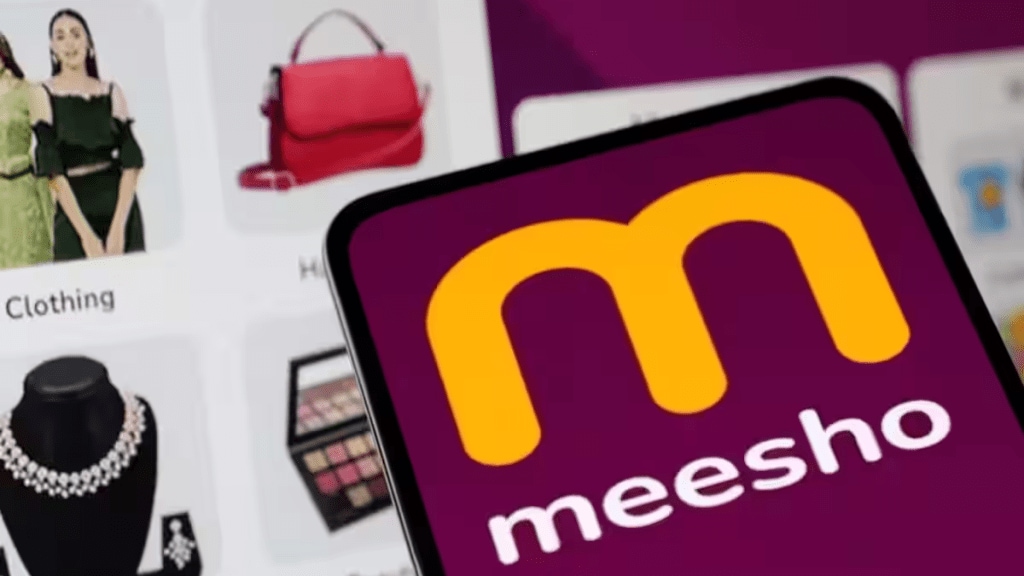E-commerce unicorn Meesho, which primarily caters to value retail customers in tier II cities and smaller towns, is betting on the platform’s branded product vertical — Meesho Mall — to scale over the next year. However, this might put Meesho’s MSME seller base in competition with the branded segment, leading to a potential loss in their market shares in some categories.
“There is some overlap, but it’s small,” said Megha Agarwal, CXO-Business, in an interaction with FE. She added that Meesho Mall focuses on categories where the perceived risk factor for the consumer is higher — such as beauty and personal care, health and wellness — because they’re putting something on their skin or they are consuming it.
Hence, by default, the share of the organised market within these categories is very high.
Whereas for categories such as fashion, accessories and home decor, the perceived risk is much lower, and so the majority of the market share is with the unorganised sector, she added. “A user will always have a wallet and it will be a mixture of both branded and unbranded,” Agarwal said, adding that MSMEs cater to niche, localised needs that national brands often can’t address due to scale limitations.
Launched ahead of the festive season in 2023, Meesho Mall offers over 1,000 affordable brands in beauty and personal care, women’s fashion and accessories, packaged groceries, electronics, etc. “We would be careful around what categories we launch and it is going to be very much user backward,” Agarwal added.
As the vertical scales, Agarwal expects Meesho Mall to be a big contributor to its revenue as well as the bottom line. Meesho Mall’s average order value is currently 30% higher than that of the marketplace.
In FY24, Meesho’s overall revenue jumped 33% to 7,615 crore, while its adjusted loss, which excludes ESOP costs, narrowed by 97% to53 crore.
Some of the brands on Meesho Mall, such as Denver, Bella Vita and Lotus, have seen a significant growth on the platform, with sales increasing by 4x to 6x.
To cater to this market, brands on Meesho Mall are rethinking their product sizes and pricing strategies. For instance, one such D2C brand Bella Vita has introduced 20 ml perfume bottles, while lipstick brands are exploring 1 gram options to appeal to budget-conscious buyers.
For this segment, the absolute amount of money that goes out is important so they prefer products with lower entry price points, even if it is costlier on a per ml basis, Agarwal explains. Just because the product is cheaper per ml in a five-litre pack, they will not buy it, because the absolute cost of the larger pack is still a lot, she added.
D2C brands, for whom offline distribution is often the biggest challenge, also enjoy wider distribution in tier II and III markets with Meesho Mall. The platform also provides these brands with data on user behaviour in value-first segments, particularly regarding purchase patterns.

